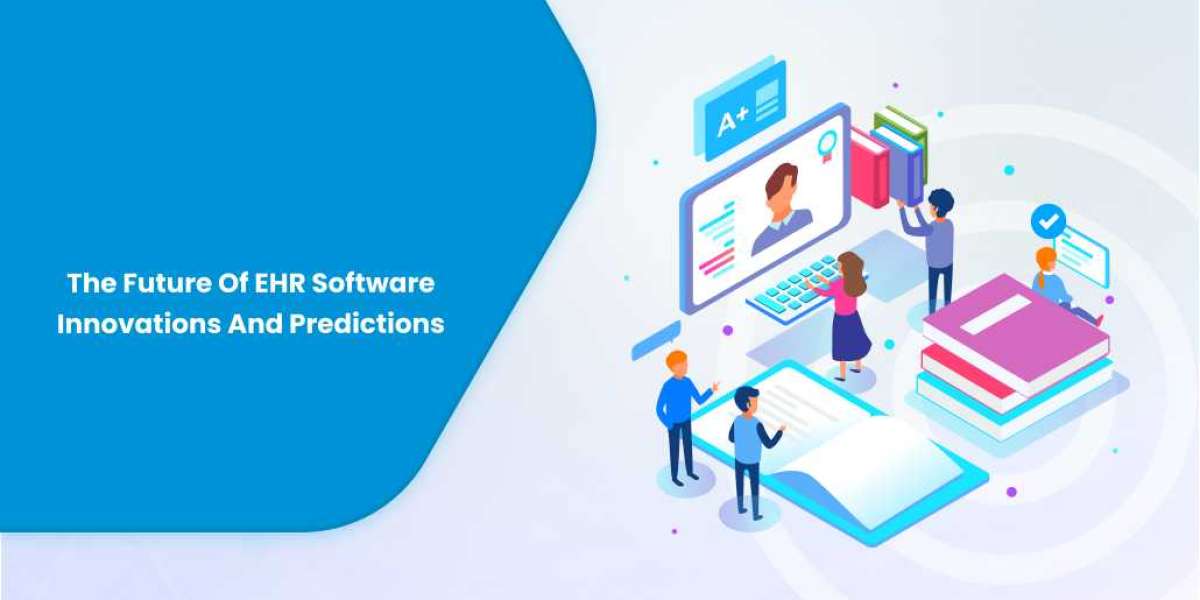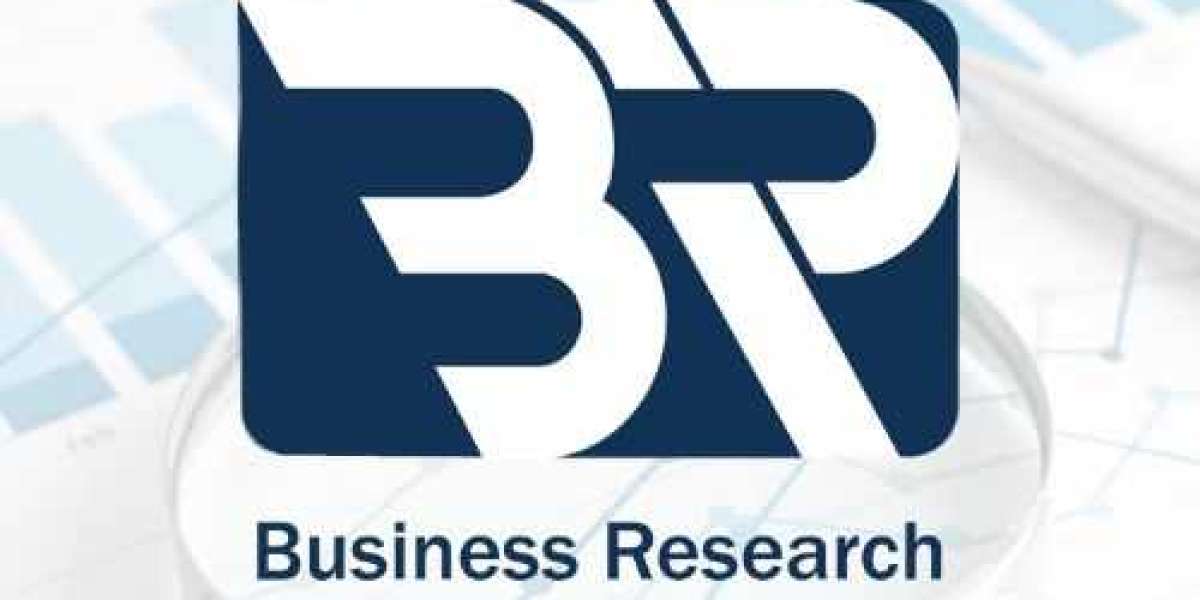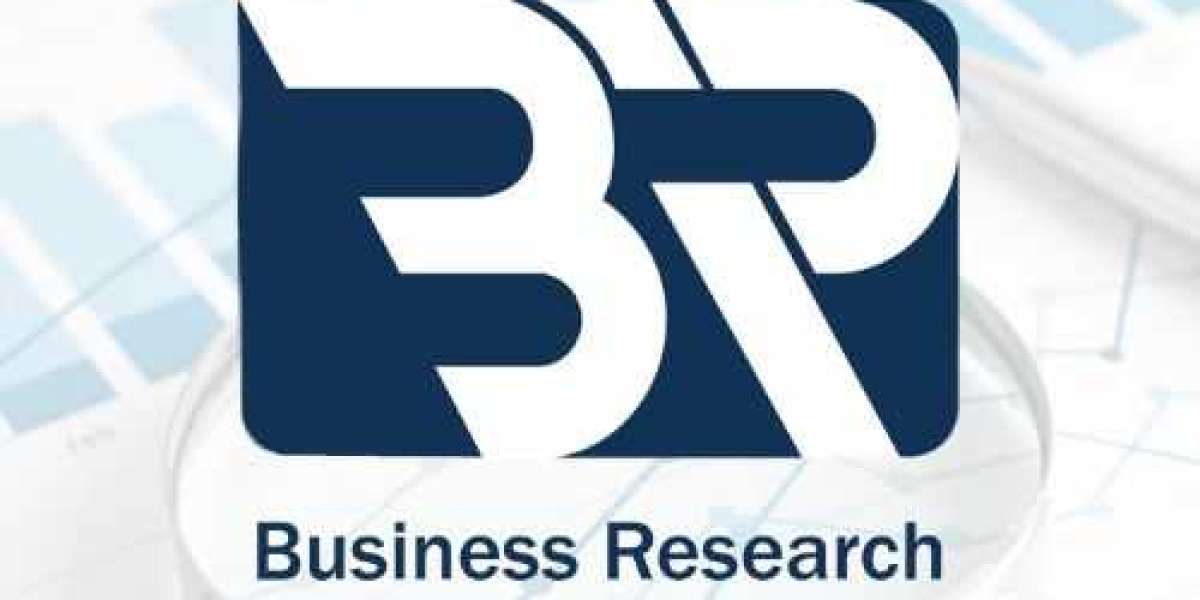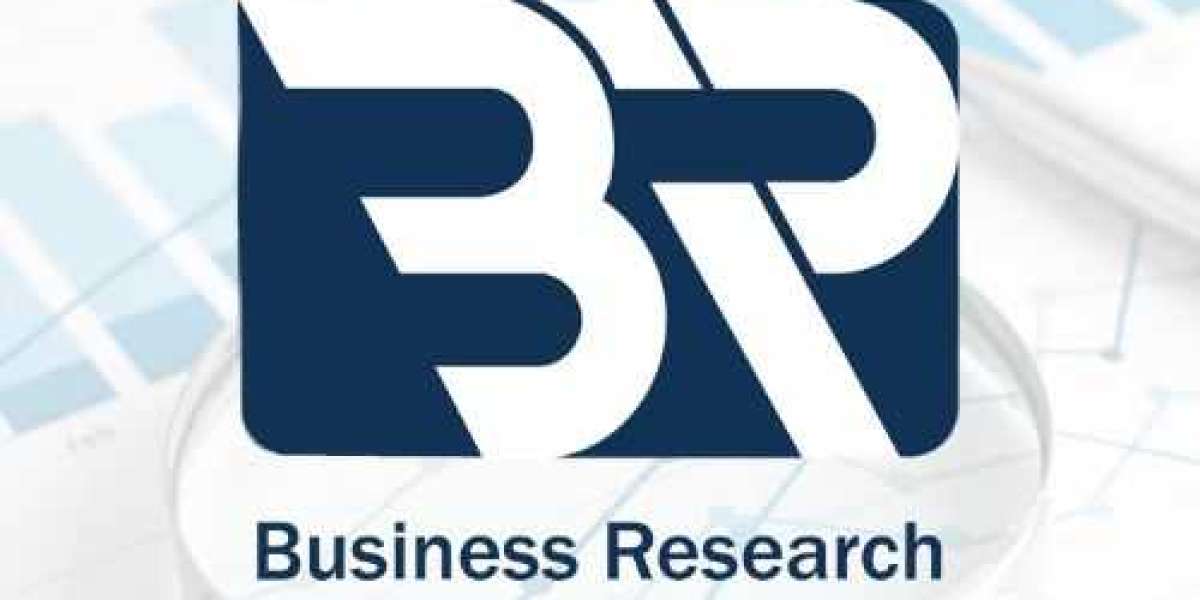Introduction:
Yes, advancements in EHR software of the future will enhance the healthcare industry through new technologies and predictions. "Prospective features of AI, software data analysis, and interoperability will enhance EHR Software ease of use. " These innovations shall transform patient care, operation, and decision-making processes in the delivery of health services hence reducing health risks and costs.
Technological Advancements in EHR Software
The EHR systems are evolving at a terrific speed due to technological developments defining the future of healthcare. A novel feature is artificial intelligence and, especially, machine learning, which boosts EHR software’s capability to process large volumes of information, forecast patients’ outcomes, and recommend individualized treatment plans. This shift does not only enhance the diagnosis results but also reduces the clinical procedures.
Blockchain technology is also among the revolutionary technologies, primarily because it has very secure measures for encrypting patient data. Thus, blockchain ensures that the data remains secure and cannot be altered since the record is digital and decentralized. Cloud computing additionally supplements EHR systems by offering readily available data storage and promulgating easy data accessibility and information sharing among the numerous healthcare organizations working on patient care, which improves healthcare workflows.
Another important area is also the aspect of integration since the modern systems of EHR are developed with the possibility of interaction with other systems and platforms used in the healthcare industry. It means that different care providers are better connected and patient information can be shared easily when it is required.
These technologies, altogether, offer to make the process of operating Electronic Health Records systems more efficient, safe, and convenient which in turn leads to enhancement of the patient care in the health care sector.
Predictions for the Future of EHR Software
As we look to the future, several interesting visions define the further development of EHR software, which will presumably change the delivery of healthcare services.
Enhanced User Experience and Interface Design
EHR systems to come will have more aesthetic user-friendly interfaces incorporated into their design. These enhancements will be arrived at through superior design theories and feedback from the application users, the healthcare professionals in this case. Predict clarity of operations with various modules and the capability of creating unique interfaces for individual users, which must make it easier to use and decrease the possibility of mistakes.
Increased Focus on Patient-Centered Care
More so, patient engagement and patient centricity will become key points of concern in EHR software. Business intelligence for direct interaction between consumers and suppliers should be assigned features like protected messaging, online scheduling, etc. These improvements will enable patients to be more proactive in their health hence increasing the individual satisfaction and appreciation of the care being provided.
Integration with Wearable and IoT Devices
The evolution of EHR systems will also include the connection with wearable devices and additional Internet of Things (IoT) gadgets. This integration will allow for the continuous tracking of health parameters and entry of results into the patient’s EHR to improve health evaluation as well as health intervention.
Predictive Analytics for Preventive Care
New integrated EHR applications that use predictive analytical technologies will be more widespread shortly and allow for a timely assessment of a patient’s state even earlier. Through the use of such data, Electronic Health Records Systems will help the providers identify and include preventive as well as tailored care to patients to improve care outcomes and hence decrease the pressure on the care delivery systems.
Conclusion:
The last thing that should be mentioned about EHR software is that the future of this kind of technology is rather promising. EHR is already improving through the introduction of AI, blockchain, and cloud computing and ensuring that later EHR systems are more usable, safer, and more interconnected. These developments hold a lot of potential for improvements in services that can be delivered to patients, the efficiency of operations in both large and small-scale organizations, and general healthcare delivery. In the future, EHR software will spearhead multiple transformations of the way we approach and deliver heath care.








